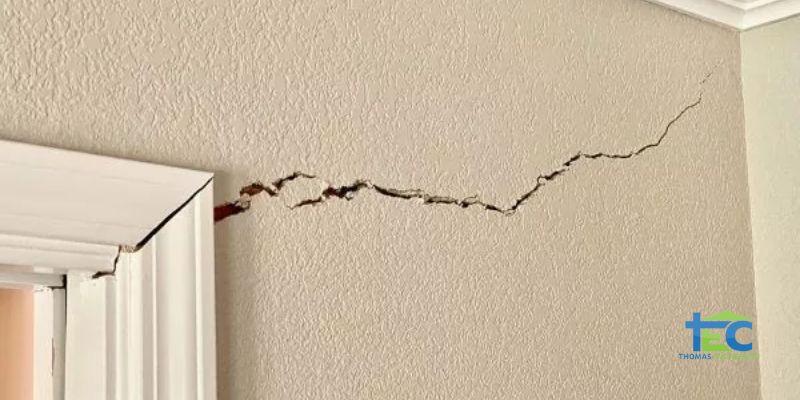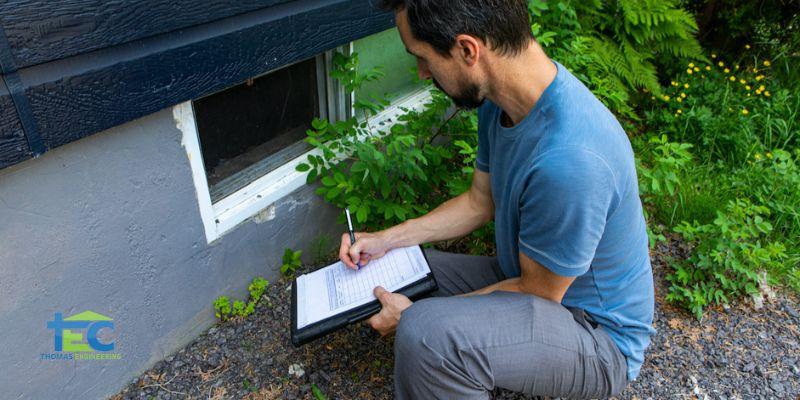
Walk around the inside and outside of your home, or a house that you are interested in buying. Do you see any of the signs mentioned below?
- Cracks in interior walls, brick fireplace wall, or between the exterior bricks
- Nails that have popped out from the plaster or sheetrock
- Doors and windows that don’t seem to close properly
- Leaks in the roof, despite having good roofing materials that are still in good condition
These problems could be more than just unsightly annoyances. There could be an underlying problem, and when we say underlying, it’s literally right beneath your feet.
You could have foundation problems. To be sure, you should get a good foundation engineer to find out what’s really happening. But how can you pick the kind of foundation expert that would give you the answers you need?
Here’s a checklist to assist you in choosing the best foundation engineer:
1. Background Check
Doing a background check is, of course, the first thing you should do to find out if you should be dealing with a company and its employees.
- Determine how long the company has been in the foundation business.
- Visit the business location and see if it’s organized and professional in their dealings with the public.
- Know their level of expertise. Ask about their experiences and what kind of work they have done before.
- Inquire if they belong to any group or if the company is a member of any related trade or professional associations.
- Ask if the company has workman’s compensation and liability insurance.
2. Credentials
Ask to see credentials. Don’t be casually trusting, because it is your home, or a house that you are purchasing. Houses are both an investment and an invaluable part of your life. Make sure that any foundation expert you are considering is qualified to handle the job you need done.
3. Skills
When talking to an engineer or a company, ask questions about their expertise:
- Geology
- Structural Engineering
- Groundwater Conditions
- Mechanics of Soil and Rock
- Analyzing Drainage and Water Problems
You are not expected to comprehend right away what the foundation engineer is talking about, but if he or she can make you understand in ordinary language what foundation damage is all about, and what courses of action can be taken, then you’ve basically already found your expert.
4. References
It’s true that often, you can save more by being given referrals. Ask the prospective foundation professional for a list of their references and/or referrals — then call them! Simply ask them questions and make your own decisions based on what answers you receive. This is where your ability to research properly could become really useful.
The bottom line is, don’t hesitate about asking questions. It’s your right as a homeowner or purchaser of real estate. Protect yourself and your interests.






